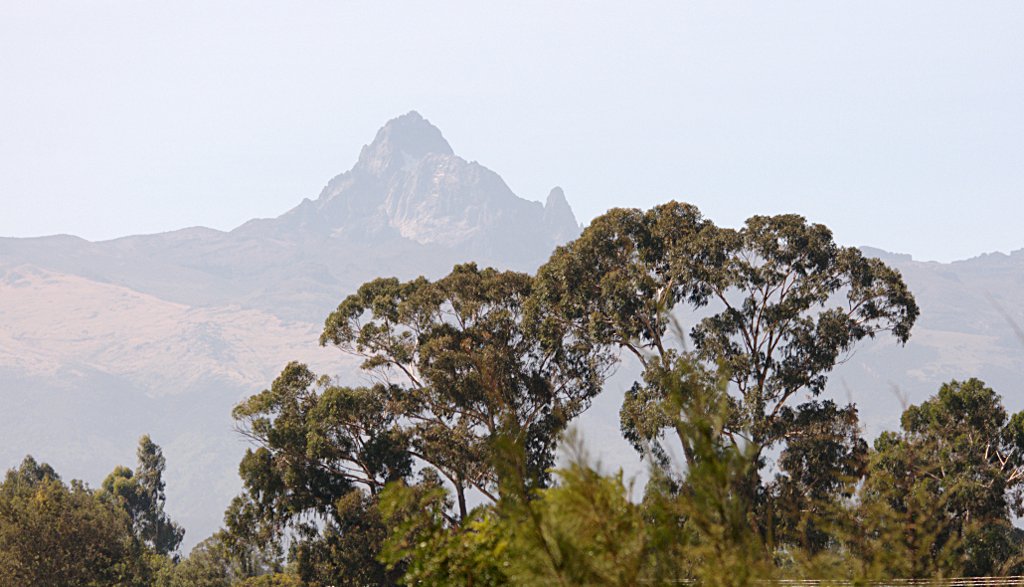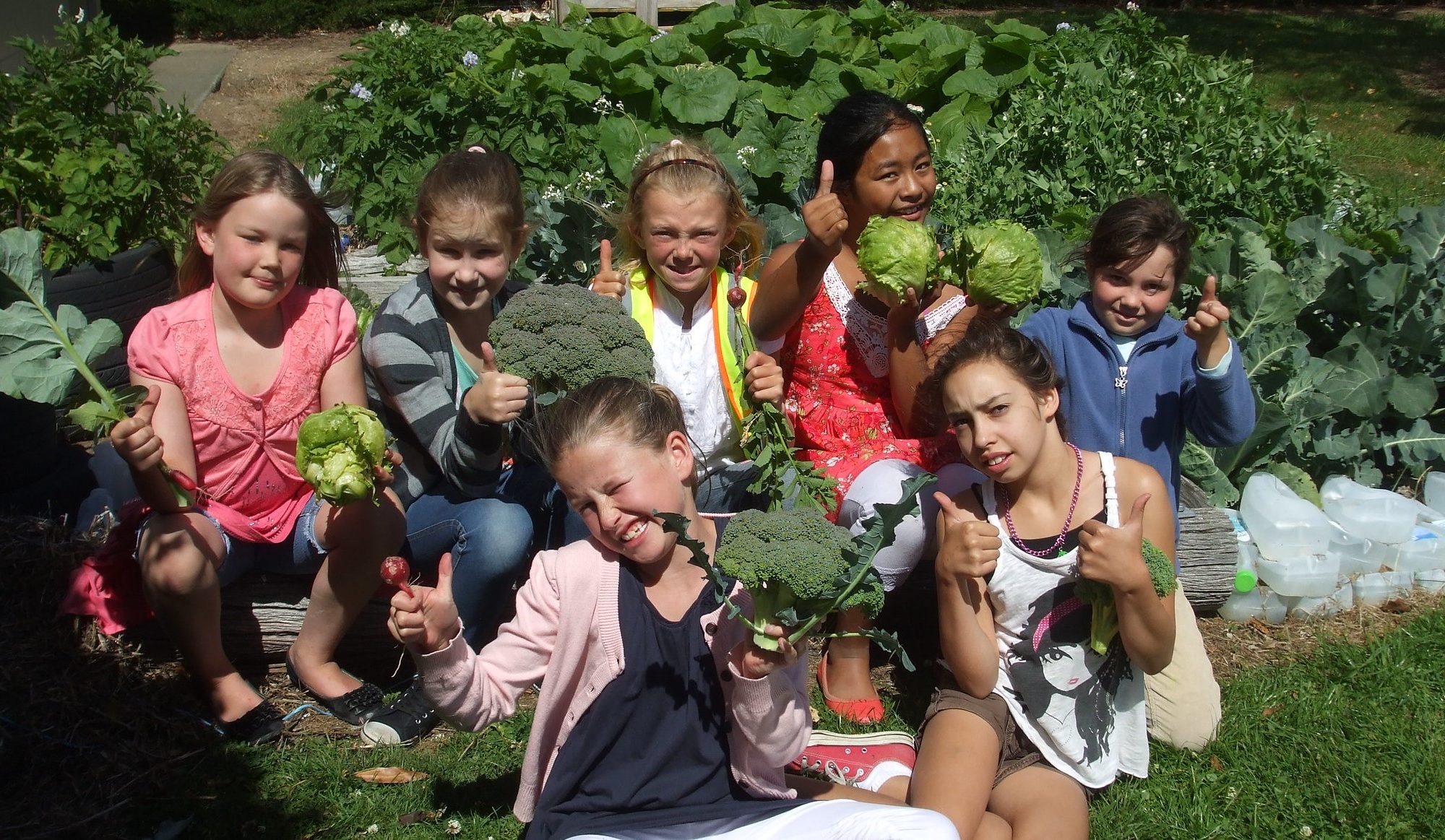By Tim Jackson
The slopes of Mount Kenya, in the district of Nyeri in Kenya, were once scattered with hundreds of wild fig trees called mugumos in the local (Kikuyu) language. Their tough bark was the colour of elephant skin. Their gnarled roots drilled deep channels through the rocky earth to drink thirstily from the groundwater below. The trees bore a small round fruit which ripened in the sun to a warm orange colour. And their branches were alive with the song of the tinkerbirds and turacos who feasted there. Continue reading “A Canopy of Hope”


